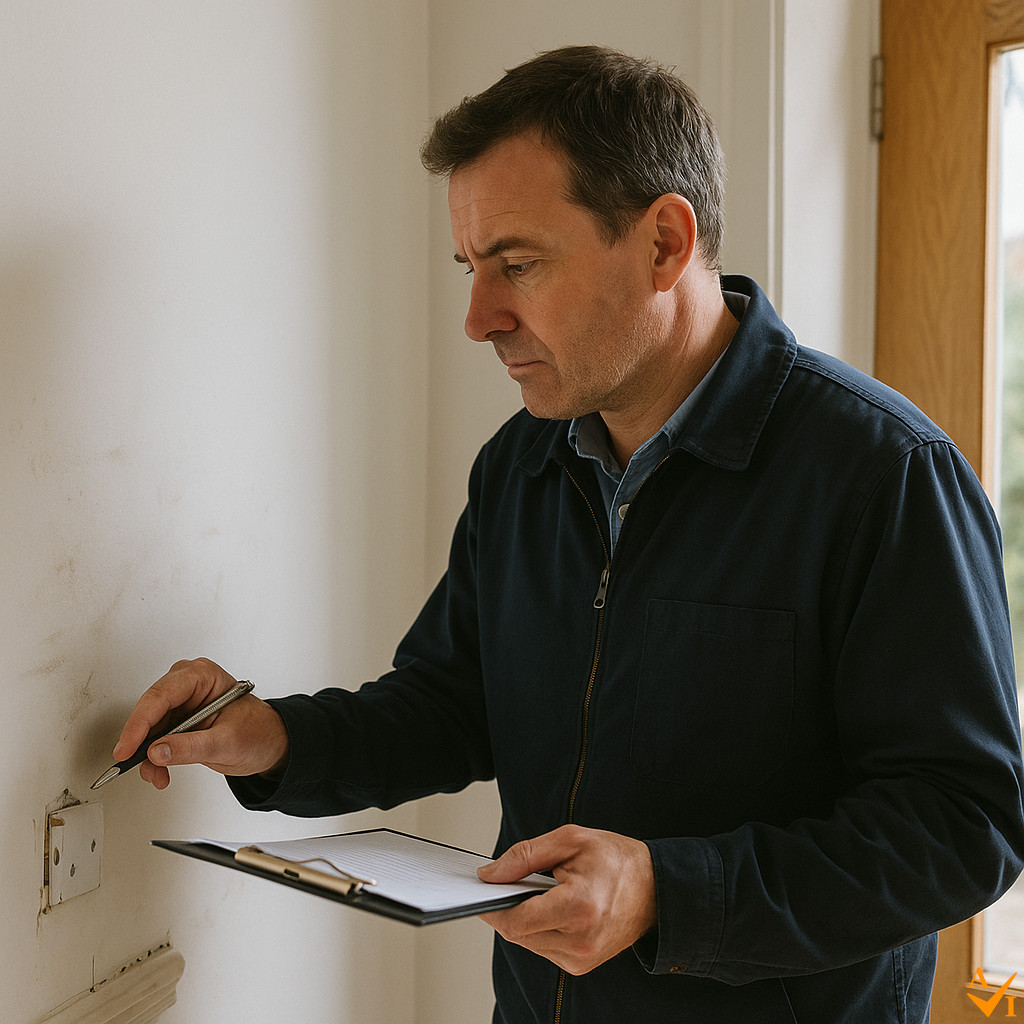
As a landlord, deciding whether to allow pets in your rental properties is a significant decision that can impact your rental market. While pets can increase wear and tear, they can also expand your tenant pool and lead to longer tenancies. Here’s how to craft a balanced pet policy that benefits both you and your tenants.
Assess the Pros and Cons: Weigh the benefits against potential drawbacks. Allowing pets can make your listing appealing to a wider audience, as many tenants have pets or plan to. However, pets can cause damage and may lead to neighbour complaints, so consider these factors carefully.
Creating a Pet-Friendly Policy: If you decide to allow pets, specify acceptable types, considering size, breed, and the number of pets allowed. You might also include provisions for pet-related damage or require a pet deposit to cover potential repairs, in addition to the standard security deposit.
Pet Interviews: Meeting a tenant’s pet can help you make an informed decision. This gives insight into the pet’s behaviour and how well the tenant manages their pet.
Include a Pet Clause in Your Lease: Clearly outline your pet policy in the tenancy agreement. Specify rules regarding noise, leash requirements, and waste management. Clear guidelines help prevent misunderstandings and ensure both parties are aware of their responsibilities.
Regular Inspections: For properties with pets, consider scheduling more frequent inspections to check for damages early and address them before they become severe. This also demonstrates to tenants that you take the property’s condition seriously, encouraging them to do the same.
By implementing a clear and fair pet policy, you can attract responsible tenants seeking a pet-friendly home while protecting your property and maintaining its value. Remember, a happy tenant with a pet often results in a long-lasting and profitable tenancy.


















